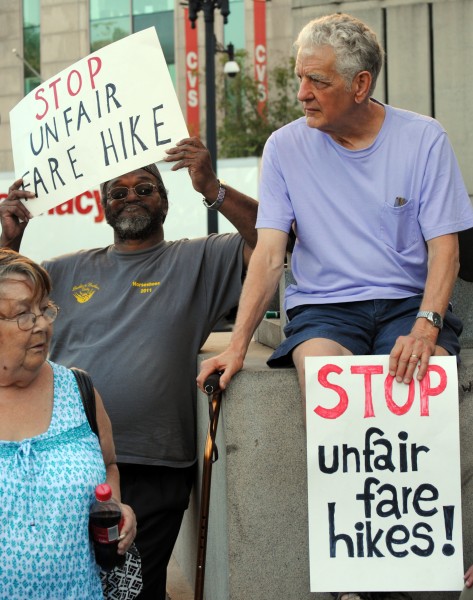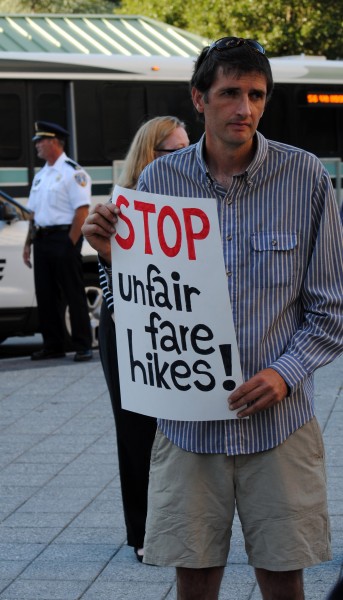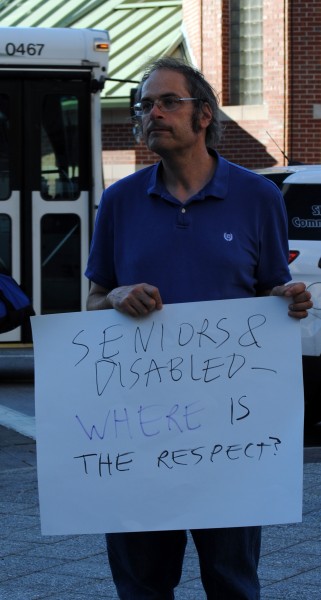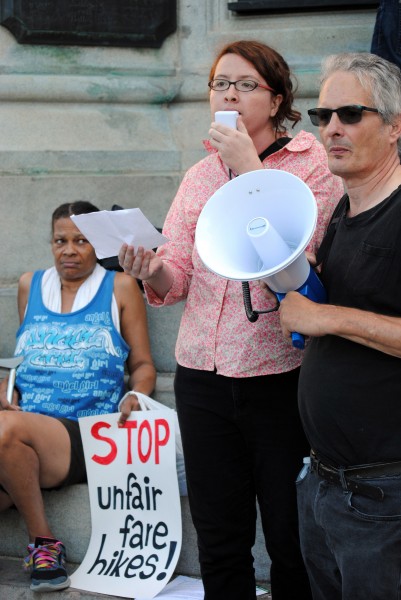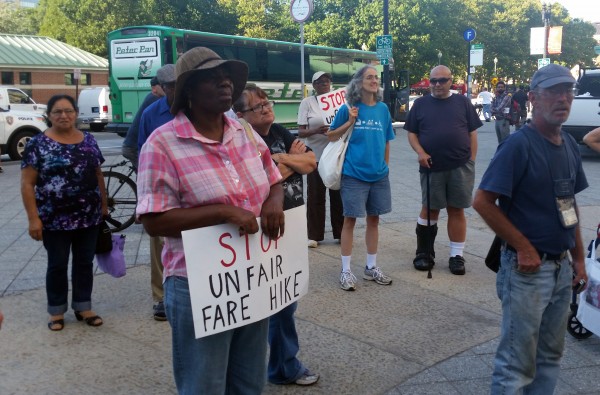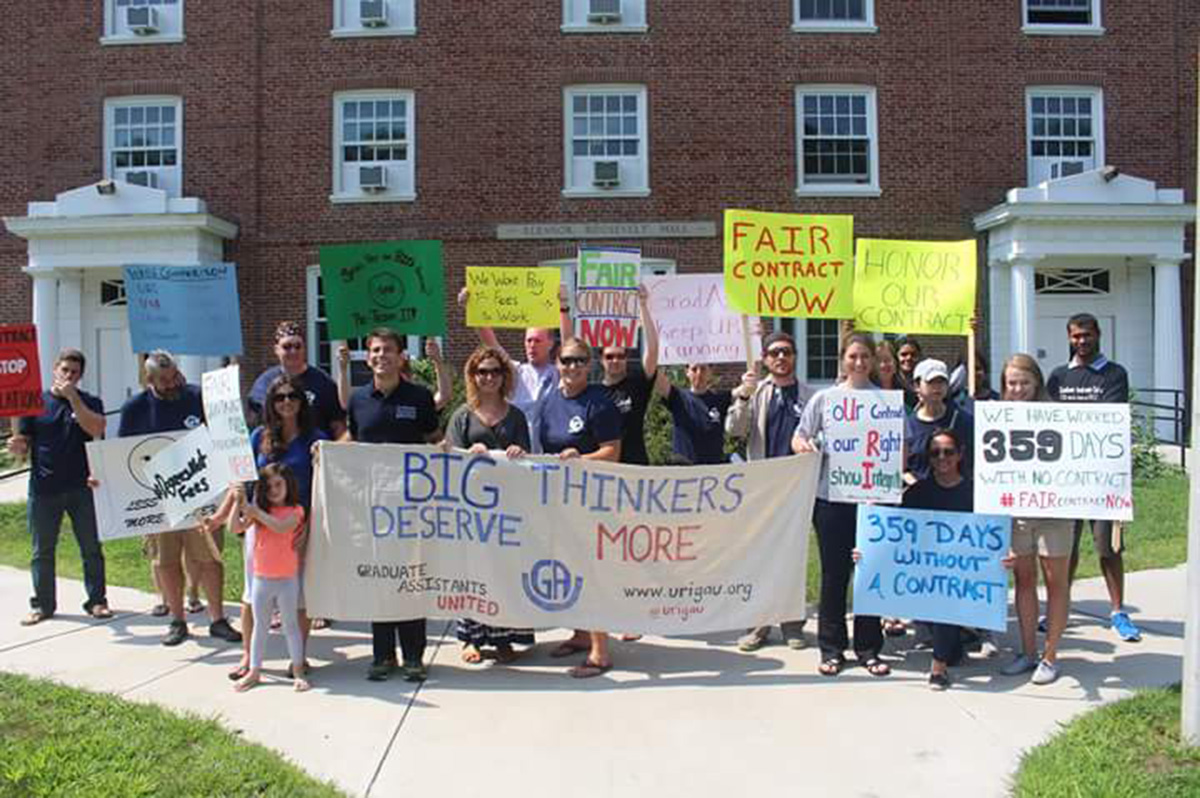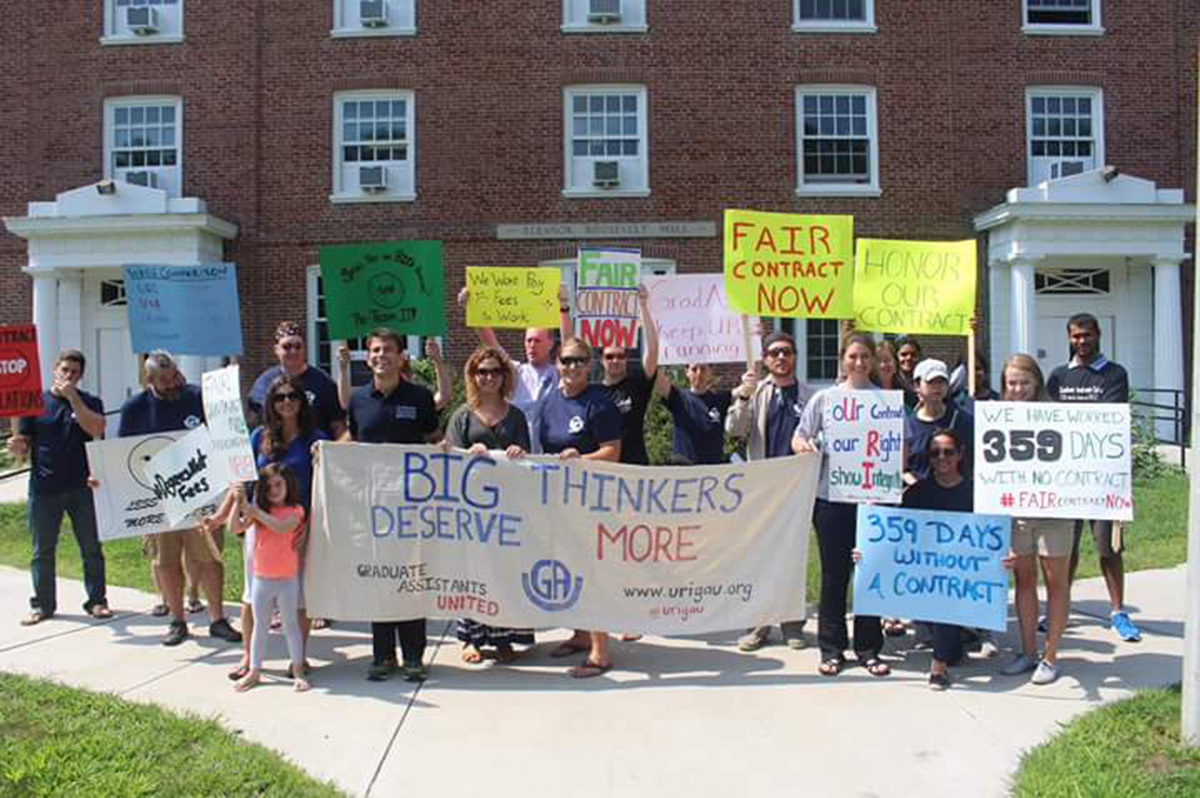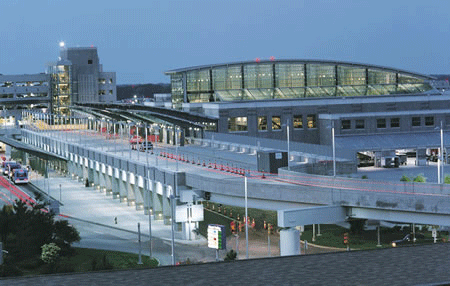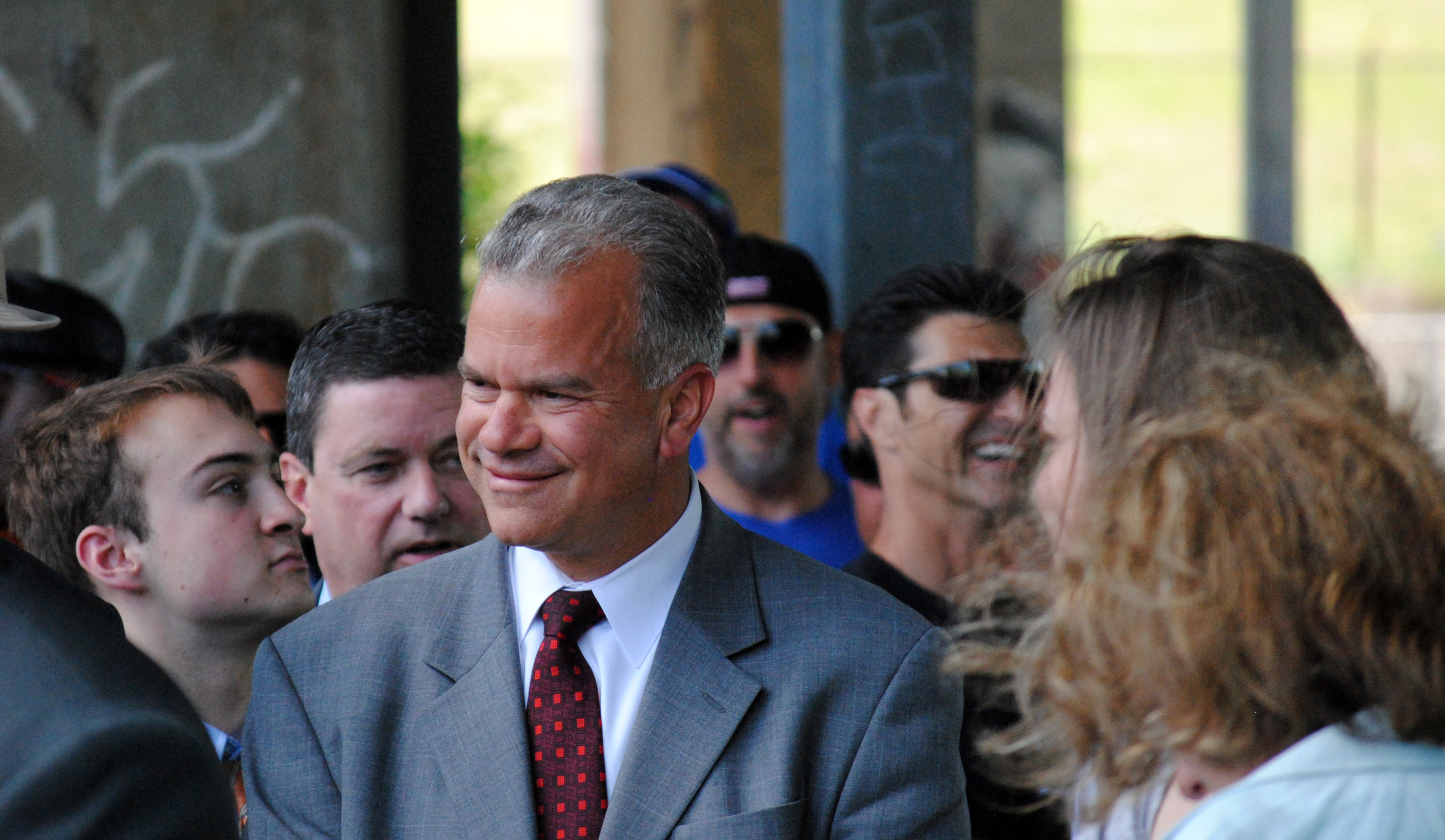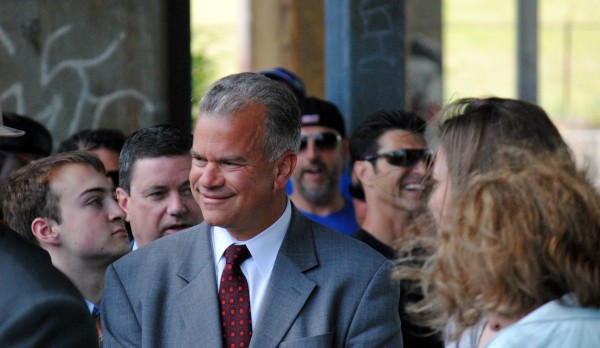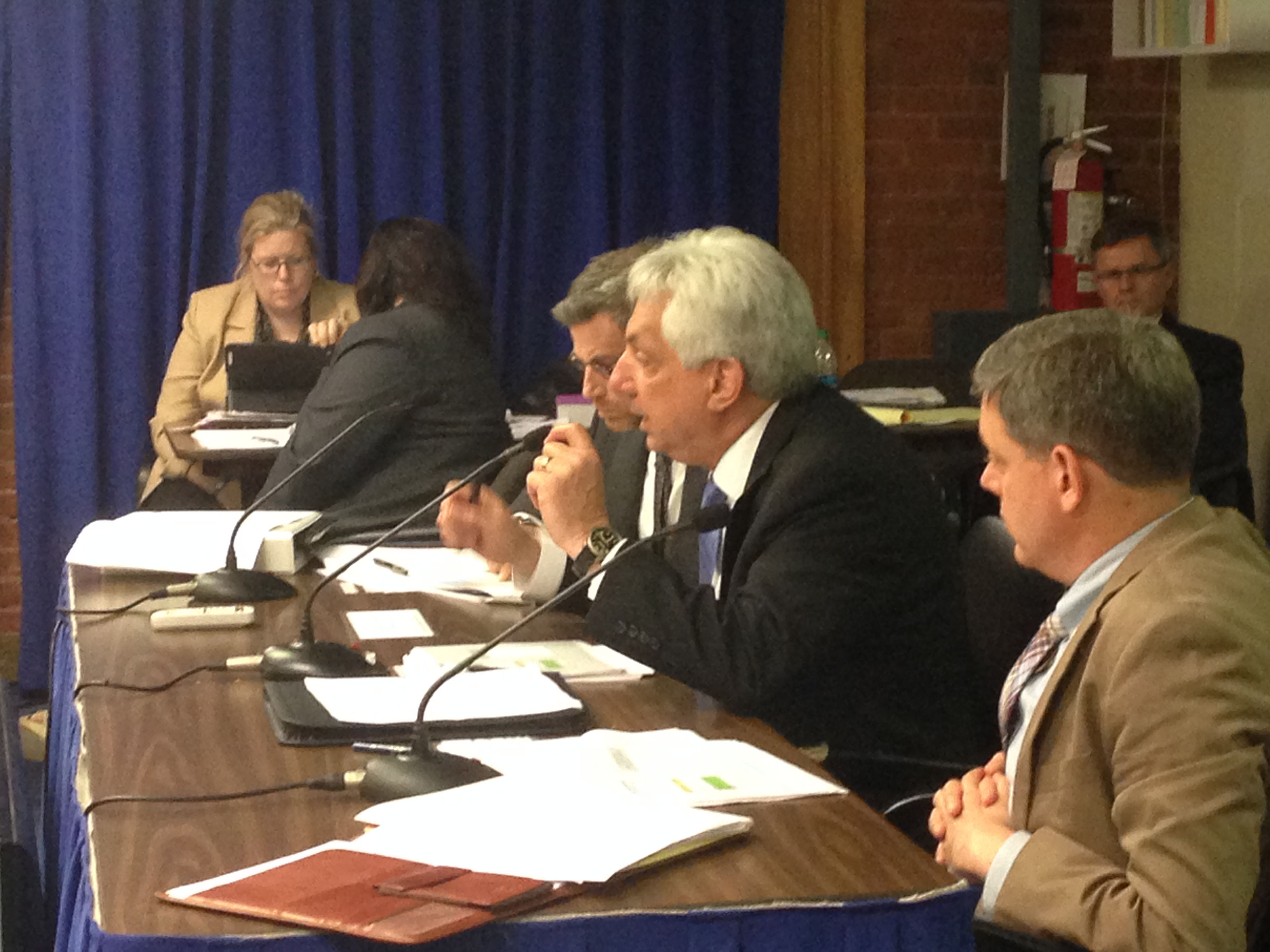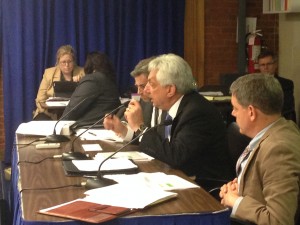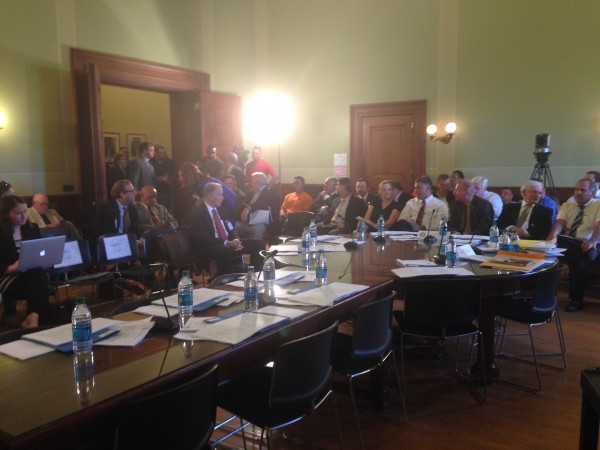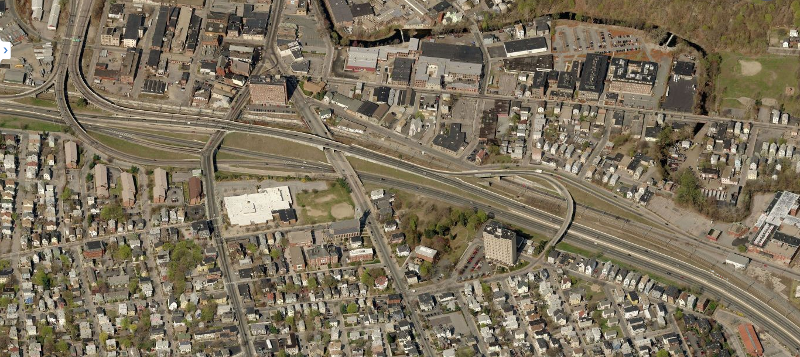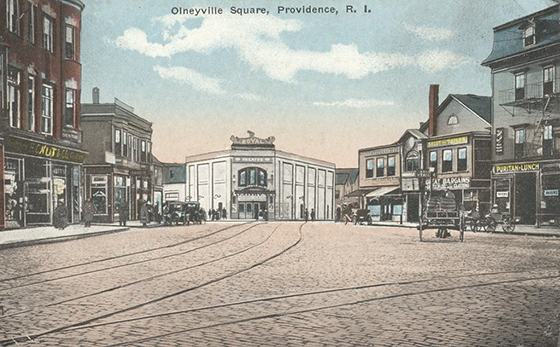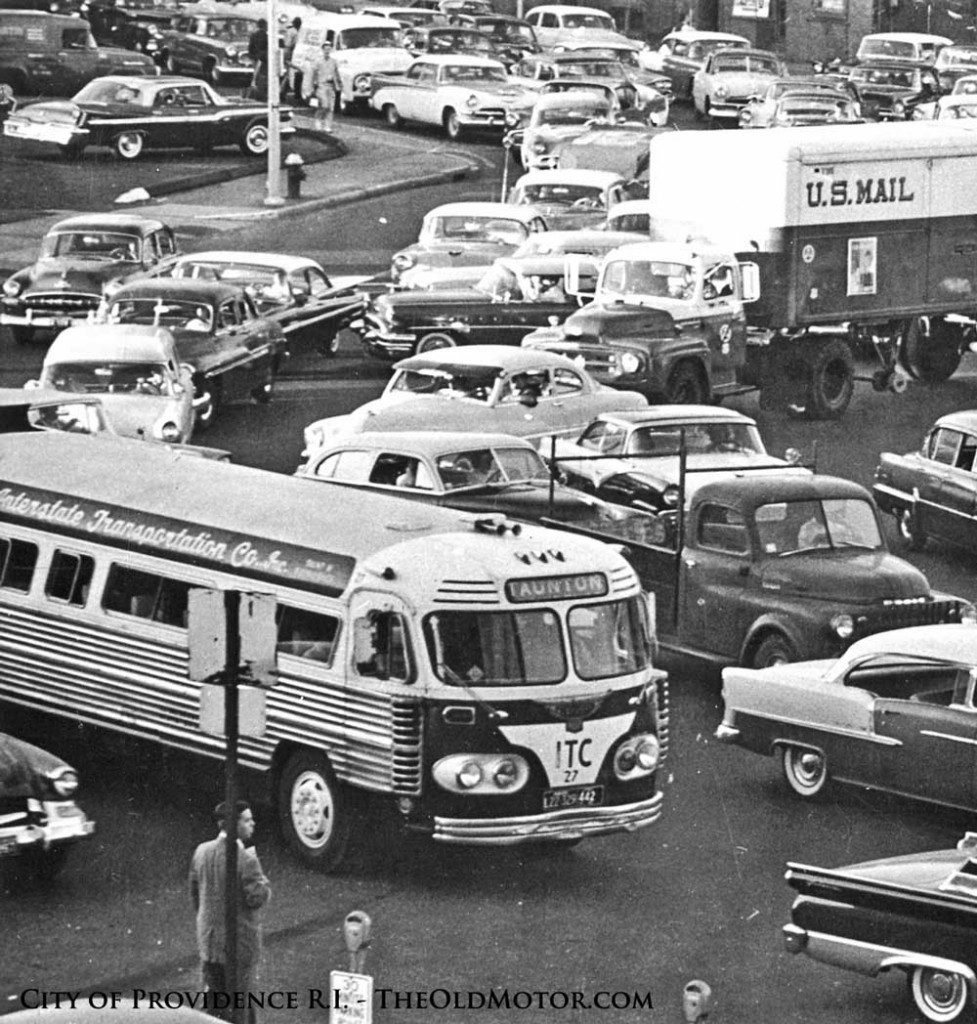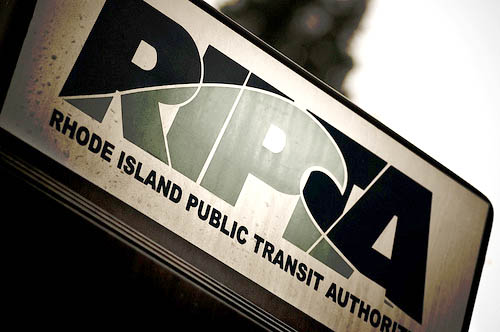
If you want a say in what transportation projects will and won’t be completed in your community, then I’d like to tell you about RI’s new Transportation Improvement Program, or TIP. There have been some concerning changes in how the State advances its transportation program, and you may have less than a month to affect how transportation money will be spent in your community over the next 10 years.
The TIP is a comprehensive list of transportation projects which the State would like to construct. Why is this list so important? Well, for any transportation project to be federally funded, it needs to be listed in the TIP; if it is not on the list, it doesn’t get federal funding. (Traditionally, 90% of our transportation project funding comes from the federal government.) In past years, the State has produced this plan on a five year horizon. For the upcoming 2016 TIP, the state agencies that produce the TIP have decided to change the time horizon to ten years. Effectively this means that if a transportation project isn’t in the TIP, it is not going to happen in the next ten years.
Along with this unusual move of doubling the plan’s time horizon, RI DOT has also issued a list of transportation projects to each municipality. However, only bridge, pavement, and safety improvements are listed; no bicycle, pedestrian, or transit projects are included. These type of projects would need to be added on a town by town basis as desired by the residents.
It’s also worth noting that Rhode Island cities & towns have been given an extremely short amount of time to create their list of desired transportation projects. All Rhode Island municipalities need to create a list of projects to be constructed over the next ten years, hold a public hearing, and submit the list to the State by January 8, 2016—otherwise, their list of projects will only include the ones that RI DOT has deemed appropriate for their communities. Public bodies might only meet once a month and the local project list would need to be completed for review prior to the time the public hearing is advertised. For some communities, this could be as early as next week. And as a practical matter, during the holiday season, most RI citizens are thinking about things other than their town’s transportation projects over the next decade.
My fear is that a cash-strapped, short-staffed community would effectively be compelled to use the provided RI DOT list, which contains no projects at all for bicycle access or public transportation. (In the past, communities were given more time to develop their list of transportation projects; municipalities and RI DOT would submit their project generally at the same time. This time, RI DOT completed their list first, over a much longer time horizon, and has dramatically reduced the time available for municipalities to develop their own lists.)
Instead of encouraging modern, efficient, environmentally responsible transportation projects, this process has done the opposite: It has ensured that the traditional auto-centric mode will continue to dominate Rhode Island.
To be fair, the State has indicated that it will ask for public comment about the TIP on an annual basis. This had not been previously done. But no detailed procedure for this process has been provided yet, and there is no reason to think that the ten year TIP will be able to be changed.
Time is limited, but if your priorities include Rhode Island creating a more sustainable future for its residents over the next ten years, then demand that your community’s TIP list comprises not only support for automobile transportation, but also 21st century transportation projects as well. You can also submit your own project ideas to the RI DOT by January 8, 2016.
See http://www.planning.ri.gov/


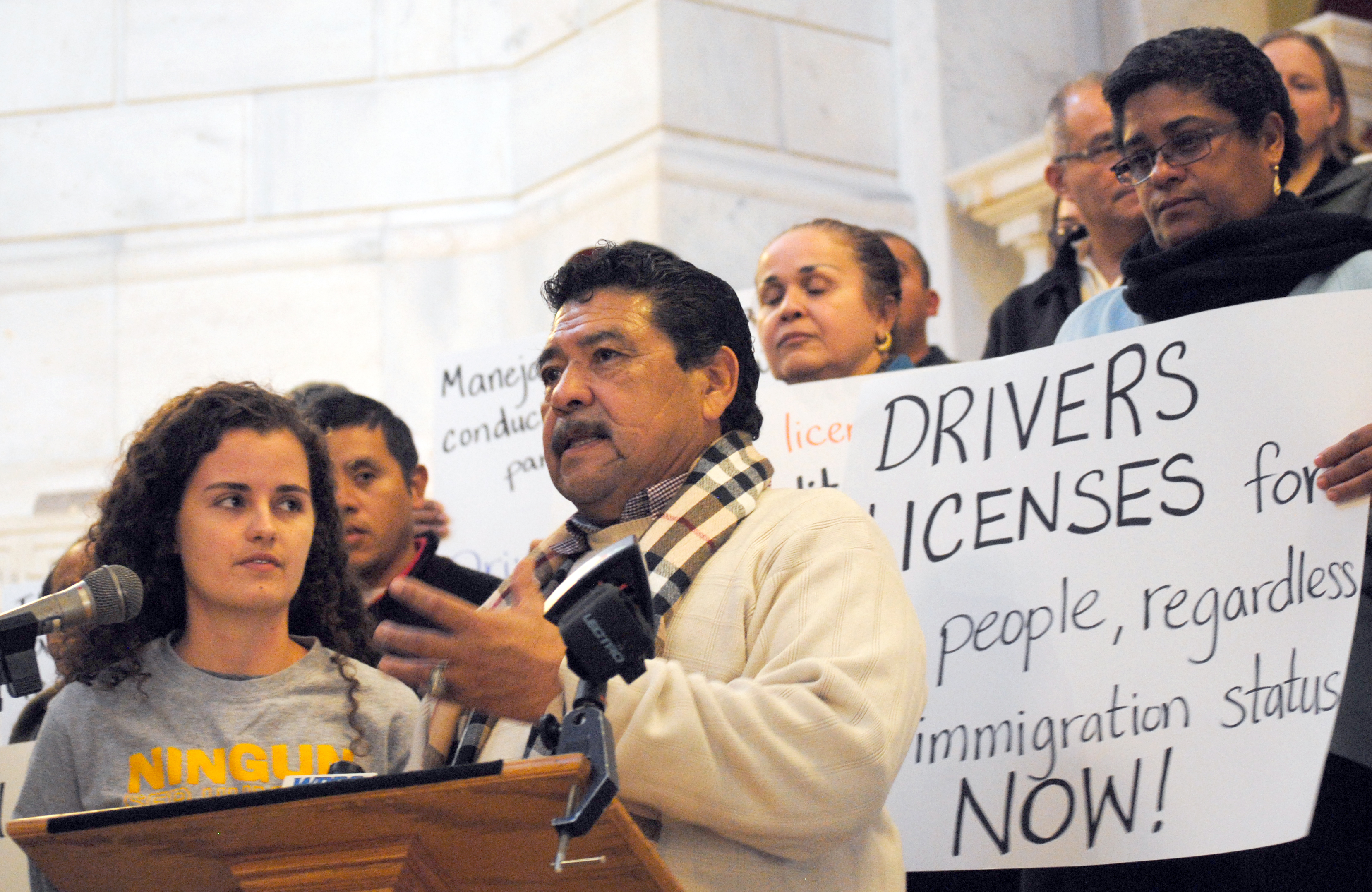
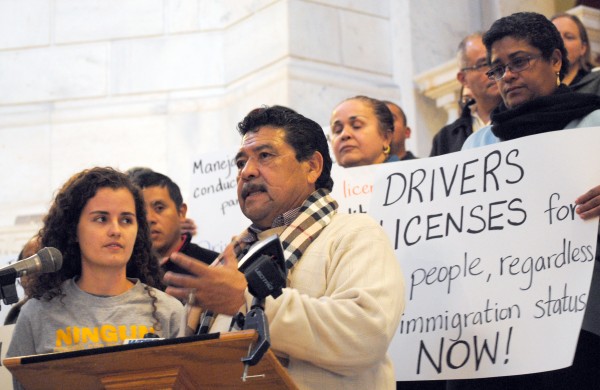
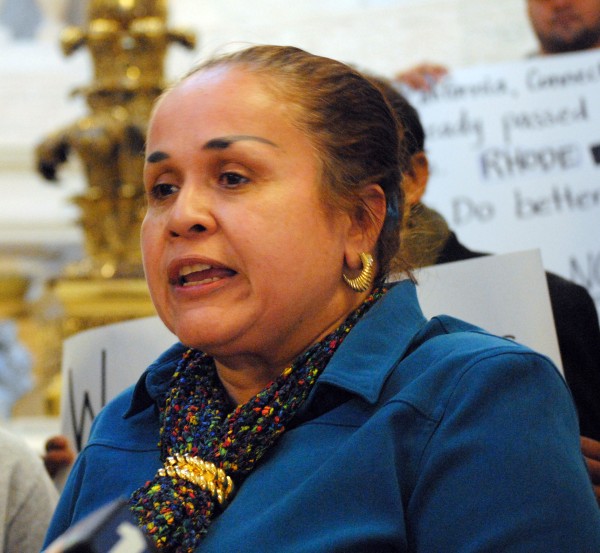


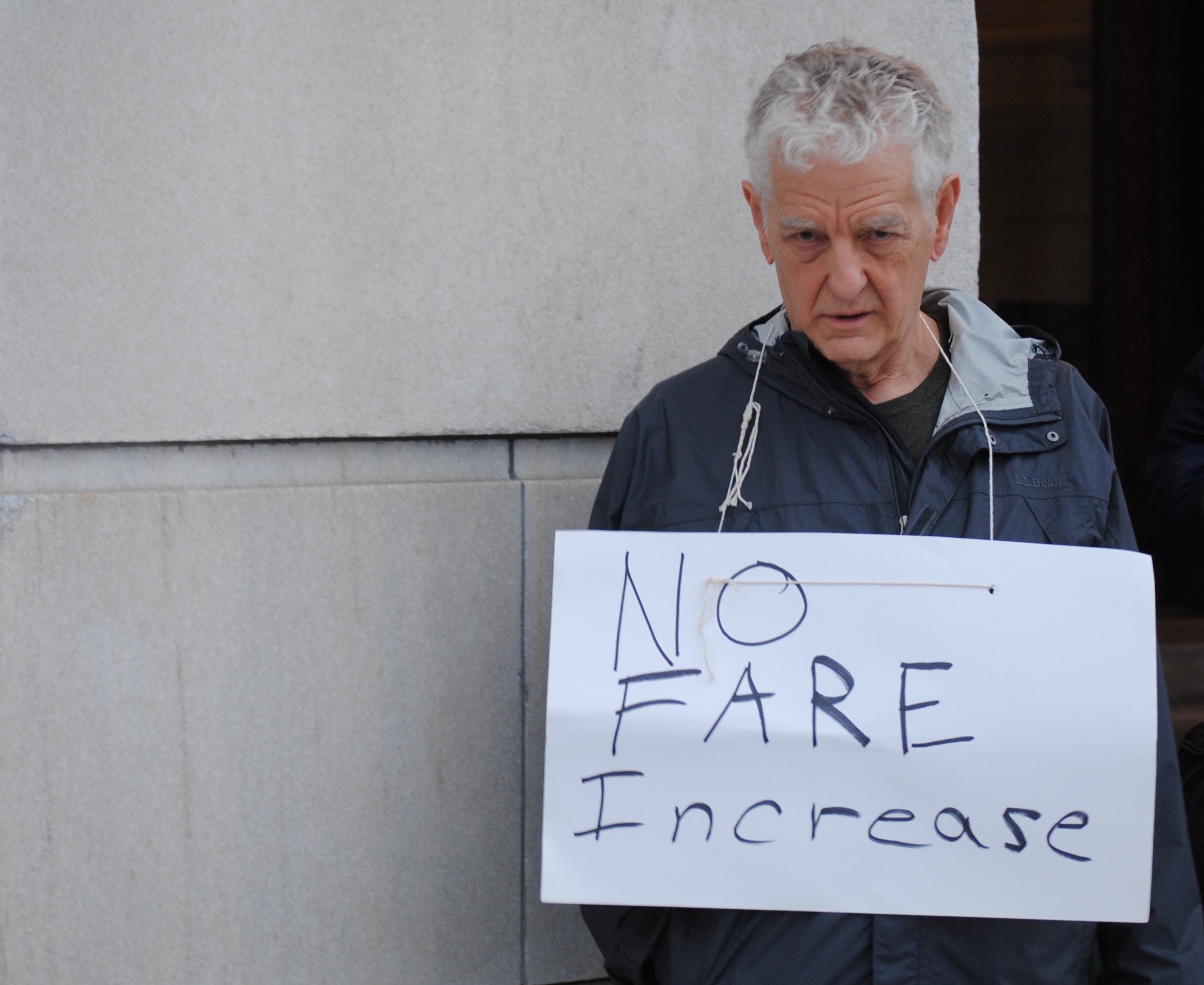
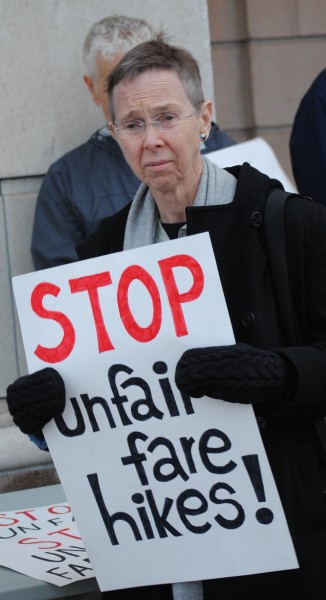 The RIPTA Riders Alliance held a rally and press conference outside the State House yesterday to call attention to the proposed increases in fares for elderly and disabled passengers. As has been
The RIPTA Riders Alliance held a rally and press conference outside the State House yesterday to call attention to the proposed increases in fares for elderly and disabled passengers. As has been 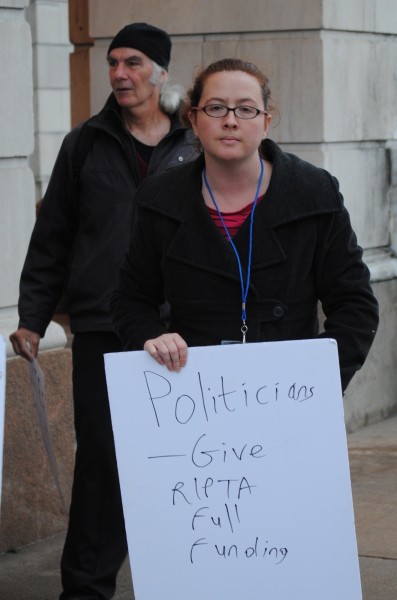
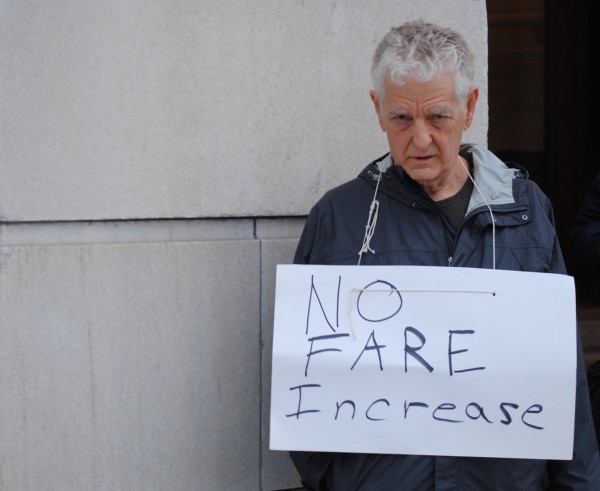
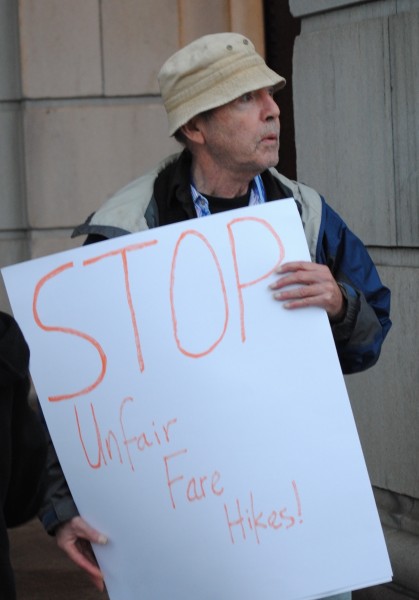
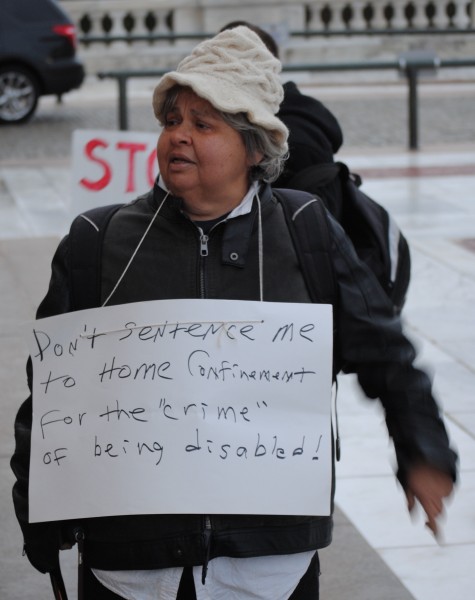

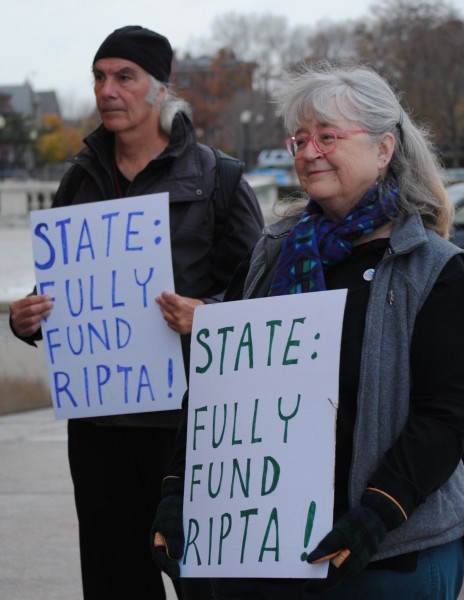
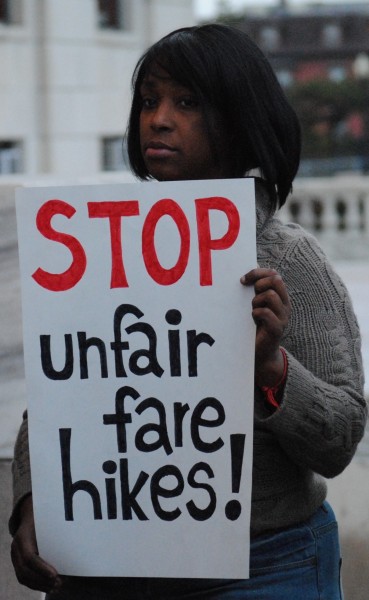
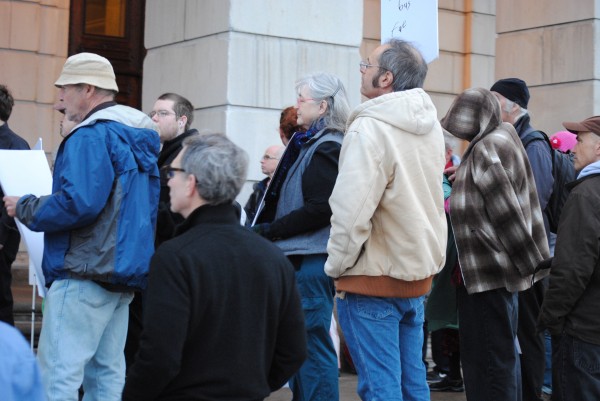
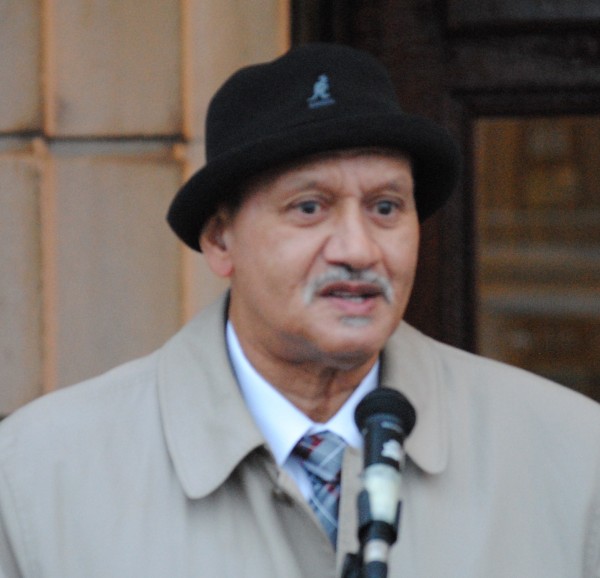

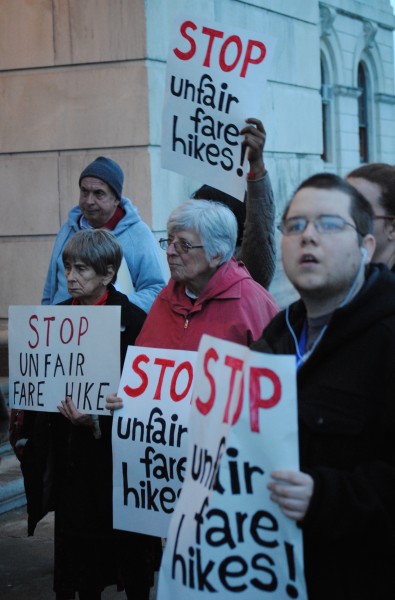
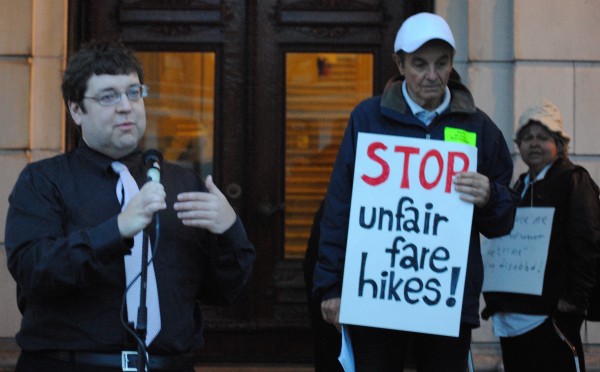
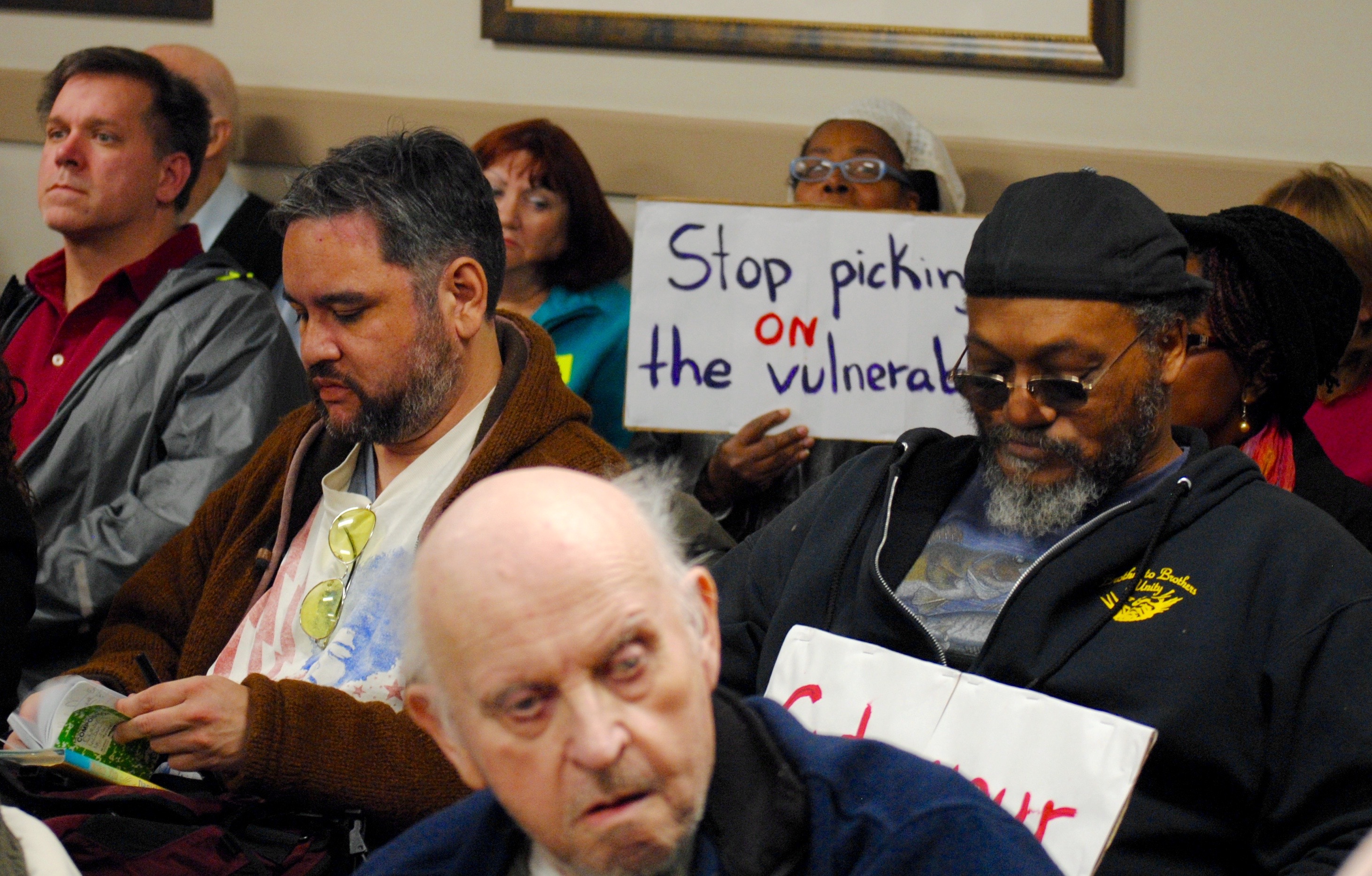
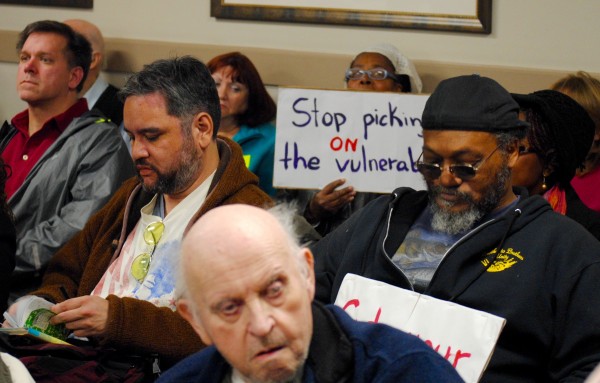

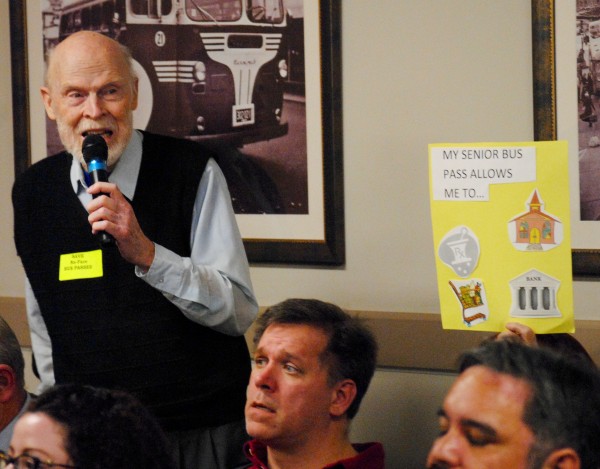

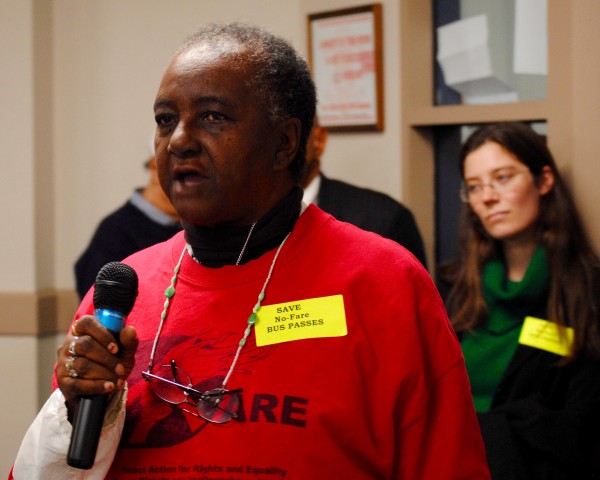
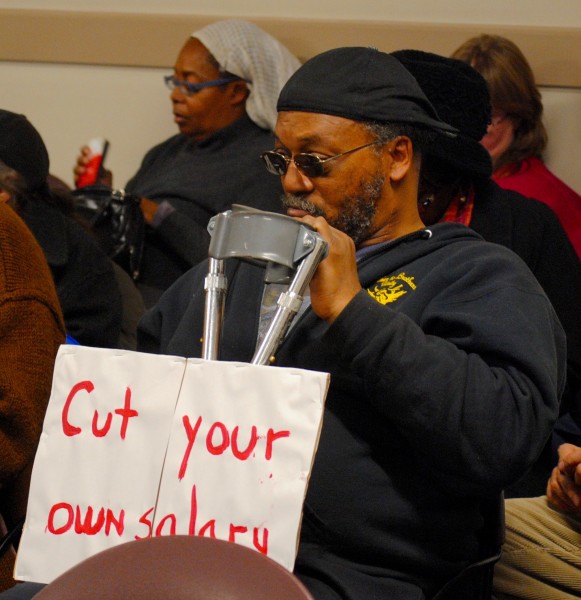

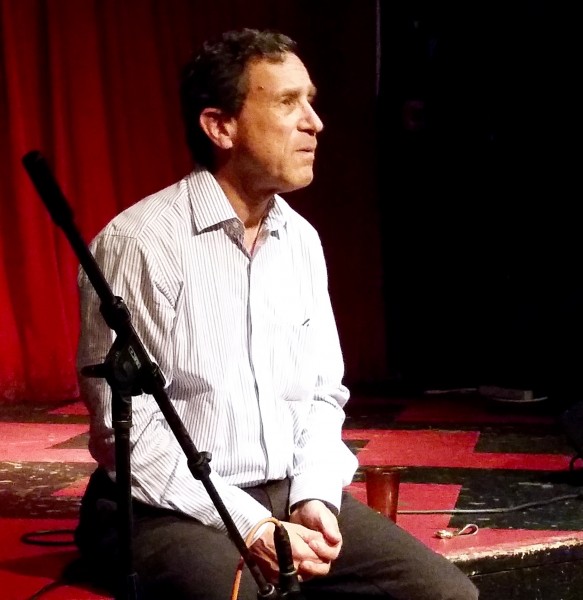

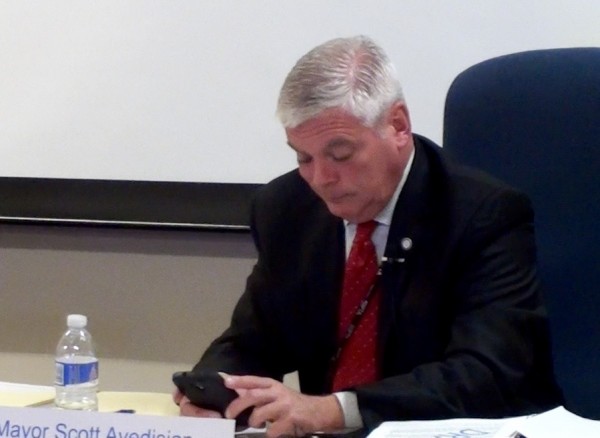


 Councilman Kevin Jackson, Ward 3, Mt. Hope (my councilman)
Councilman Kevin Jackson, Ward 3, Mt. Hope (my councilman) Councilwoman Jo-Ann Ryan, Ward 5, Elmhurst
Councilwoman Jo-Ann Ryan, Ward 5, Elmhurst  Councilman Michael Correia, Ward 6, Manton
Councilman Michael Correia, Ward 6, Manton Councilman John Iggliozzi, Ward 7, Silver Lake
Councilman John Iggliozzi, Ward 7, Silver Lake Councilwoman Carmen Castillo, Ward 9, Elmwood
Councilwoman Carmen Castillo, Ward 9, Elmwood Council President Luis Aponte, Ward 10, Lower South Providence and Washington Park
Council President Luis Aponte, Ward 10, Lower South Providence and Washington Park Councilwoman Mary Kay Harris, Ward 11, Upper South Side
Councilwoman Mary Kay Harris, Ward 11, Upper South Side Councilman Bryan Principe, Ward 13, Federal Hill and the West End
Councilman Bryan Principe, Ward 13, Federal Hill and the West End Councilman David A. Salvatore, Ward 15, Elmhurst and Wanskuck
Councilman David A. Salvatore, Ward 15, Elmhurst and Wanskuck Councilwoman Sabina Matos, Ward 16, Olneyville
Councilwoman Sabina Matos, Ward 16, Olneyville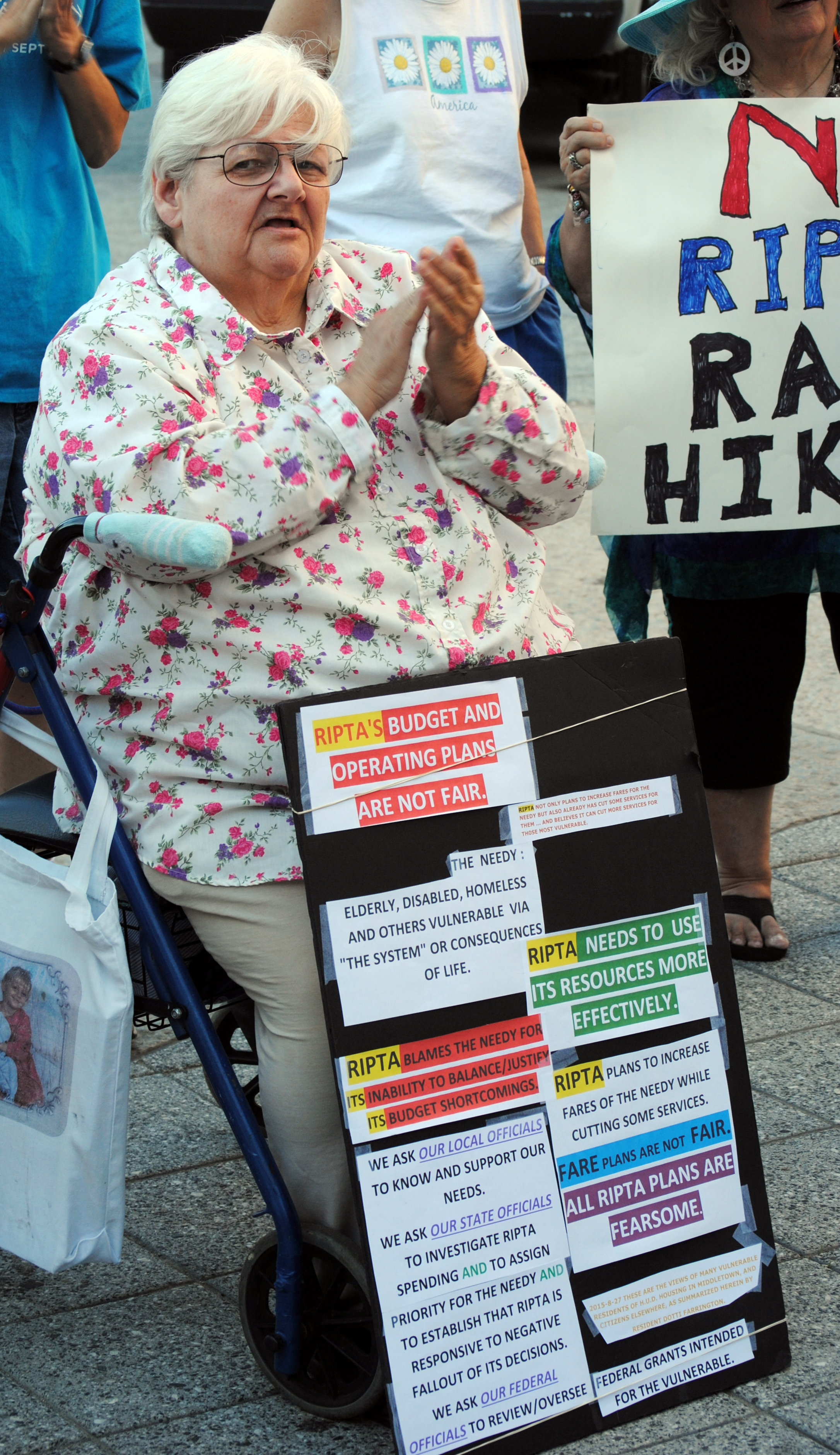
 RIPTA Riders Alliance, an advocacy group for bus riders, held a
RIPTA Riders Alliance, an advocacy group for bus riders, held a 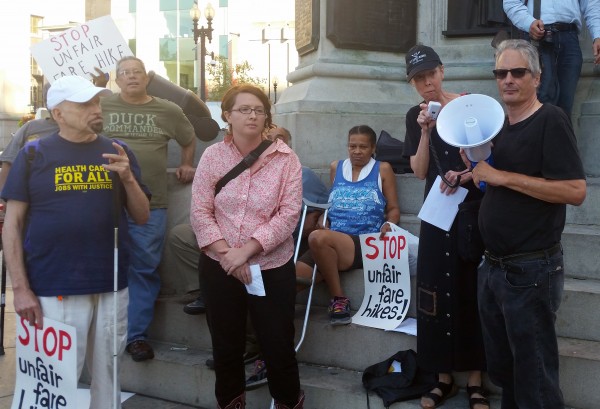 RIPTA Riders Alliance release a list of cities and states with bus systems of comparable size to RIPTA. The average fare in these systems in $1.60 for regular riders, 40 cents lower than RIPTA. The average rate for seniors and disabled riders is 68 cents. RIPTA Riders Alliance wants RIPTA to find savings via internal
RIPTA Riders Alliance release a list of cities and states with bus systems of comparable size to RIPTA. The average fare in these systems in $1.60 for regular riders, 40 cents lower than RIPTA. The average rate for seniors and disabled riders is 68 cents. RIPTA Riders Alliance wants RIPTA to find savings via internal 